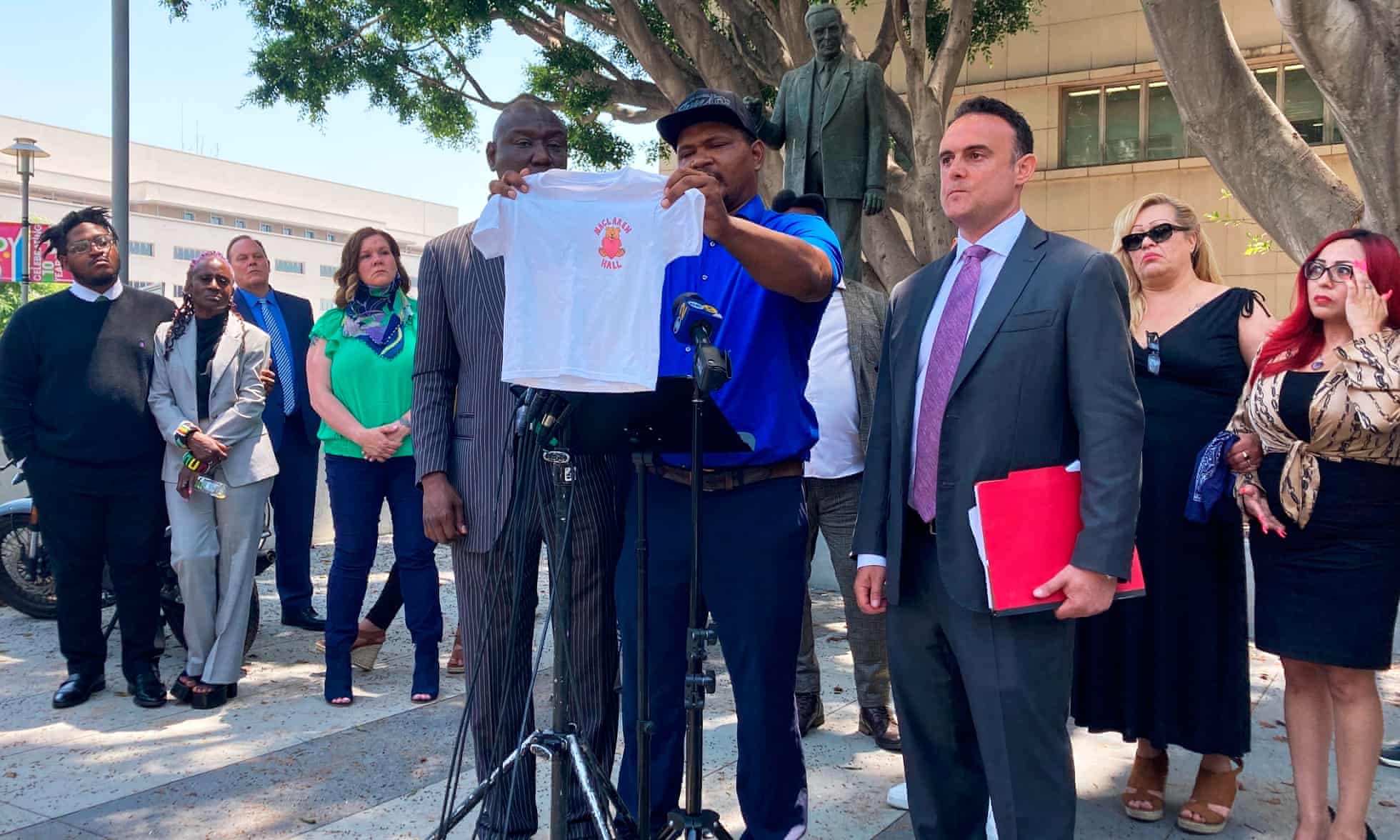 In Pope Francis’ Christmas address, he extended a surprise olive branch to atheists. But the reach was backhanded. “I invite even nonbelievers to desire peace,” he offered. Even nonbelievers? How magnanimous.
In Pope Francis’ Christmas address, he extended a surprise olive branch to atheists. But the reach was backhanded. “I invite even nonbelievers to desire peace,” he offered. Even nonbelievers? How magnanimous.
Religious tolerance has increased dramatically over the last few decades, at least in the United States. But one group remains behind the pack: atheists. A 2012 Gallup poll asked Americans if they would vote for a well-qualified presidential candidate nominated by their party if the person happened to be “X.” Catholic? Ninety-four percent said yes. Jewish? Ninety-one percent. Mormon? Eighty percent. Muslim? Fifty-eight percent. Trailing them all — and well behind blacks, women, Hispanics, and gays and lesbians — were atheists, at 54 percent.
Dislike of atheists might be surprising, given that we are a small and largely invisible demographic, making up less than 5 percent of the U.S. We are not known for terrorist attacks, secret cabals or any particular pageantry — we are not even a particularly cohesive group. As the comedian Ricky Gervais once wrote, “Saying atheism is a belief system is like saying not going skiing is a hobby.” But recent research has identified the primary source of prejudice against atheists: It is the distrust of those who are not scared of a watchful God. And the research suggests that current attempts to give atheists a PR makeover are severely misguided.
The source of prejudice
A 2006 paper by the sociologist Penny Edgell and her colleagues began to outline the nature of the anti-atheist bias. They found that people associate atheists with either the low end of the social hierarchy (common criminals) or the high end (cultural elitists). What these two groups purportedly share is extreme self-interest and lack of concern for the common good.





 Ukraine's President Volodymyr Zelenskiy confirmed for the first time on Monday that Ukrainian troops have been...
Ukraine's President Volodymyr Zelenskiy confirmed for the first time on Monday that Ukrainian troops have been... Los Angeles county has reached a $4bn agreement to settle nearly 7,000 claims of sexual abuse...
Los Angeles county has reached a $4bn agreement to settle nearly 7,000 claims of sexual abuse...






























